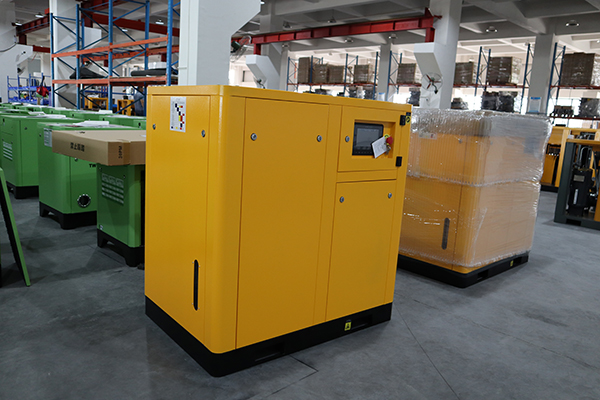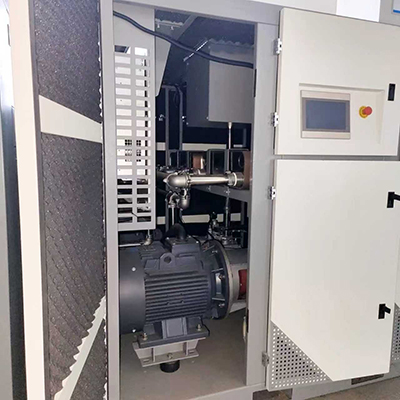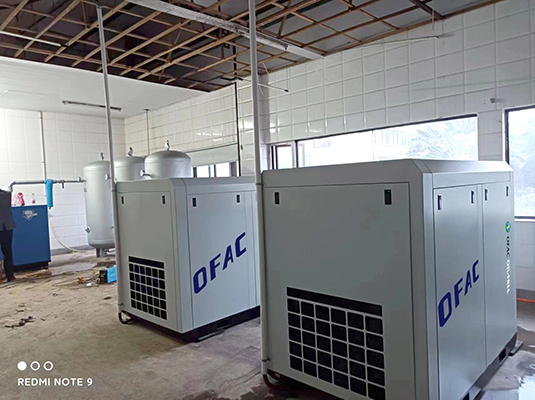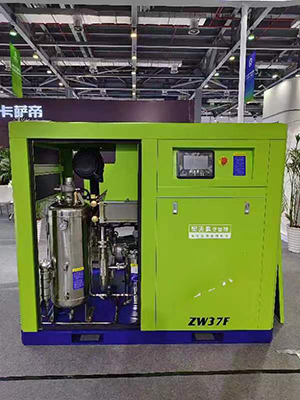normal pressure air compressor energy consumption analysis for long term cost control
News 2025-10-24
Normal pressure air compressors are essential in various industrial applications, where energy consumption directly impacts operational costs. This analysis focuses on understanding and optimizing energy use in these systems to achieve sustainable long-term savings. By examining factors such as operational efficiency and maintenance practices, businesses can identify key areas for improvement. Effective energy management not only reduces expenses but also enhances overall system reliability and environmental sustainability in industrial settings.

Application Scenarios
In manufacturing plants, normal pressure air compressors power pneumatic tools and automation systems, where high energy demands can lead to significant costs if not monitored. For instance, in automotive assembly lines, these compressors maintain consistent air pressure for painting and riveting processes. Similarly, in food and beverage industries, they support packaging and conveying operations. Analyzing energy consumption in these scenarios reveals opportunities for integrating variable speed drives or heat recovery systems, tailoring solutions to specific operational needs and improving efficiency.
Performance Advantages
Optimizing energy use in normal pressure air compressors offers clear performance benefits, including reduced operational downtime and extended equipment lifespan. Advanced monitoring technologies allow for real-time data analysis, enabling precise adjustments to load factors and pressure settings. This results in lower energy bills and minimized waste, as compressors operate closer to their ideal efficiency points. Furthermore, enhanced performance supports higher productivity rates, making these systems more competitive in energy-intensive industries by delivering reliable air supply with less environmental impact.
Importance in Industrial Processes
Energy consumption analysis plays a critical role in industrial processes by informing strategic decisions that affect long-term cost control. In sectors like pharmaceuticals and textiles, where air quality and consistency are paramount, efficient compressor operation ensures process integrity while cutting energy costs. By implementing predictive maintenance and energy audits, companies can avoid unexpected failures and reduce overall expenditure. This approach not only bolsters financial health but also aligns with regulatory standards for energy efficiency, fostering innovation and competitiveness in the global market.


